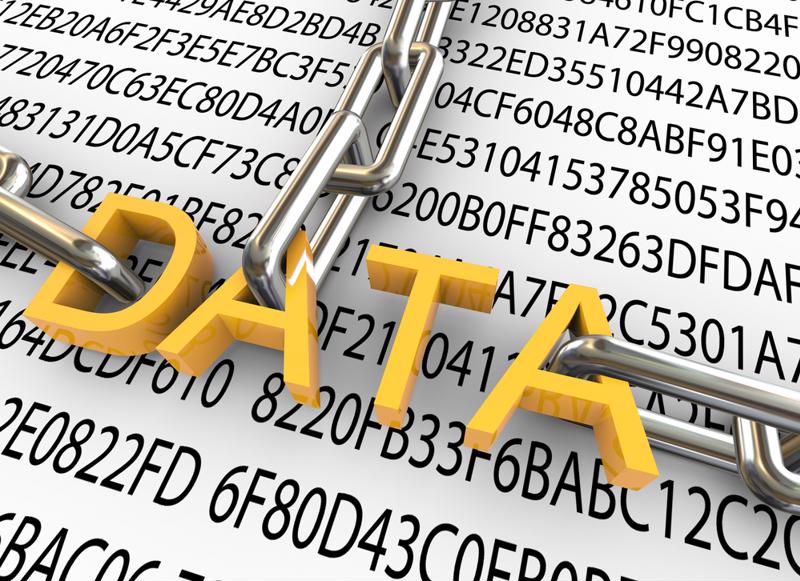When our information is accessible on our personal devices, it is sometimes easy to forget that the data may actually live thousands of miles away. In a global economy, that means your data – or data for which your organization carries responsibility – may live in another country.
Issues surrounding data sovereignty could place your information in jeopardy.
What is Data Sovereignty and Why is it Important?
Data sovereignty refers to the concept that information, when transformed into a binary digital format, is subject to the laws of the country in which it is stored. For example, if a resident of Canada gives his or her personal information to a company in the U.S., their data would be subject to U.S. law.
As more information is stored in the cloud, the issue of privacy becomes of greater concern. Likewise, organizations that leverage SMS communication platforms need to understand where their data is stored and to which laws it may be subject. Until somewhat recently, the laws of Canada and the U.S. were very similar, offering privacy protections to all. However, recent changes to U.S. law have reduced the rights of non-U.S. citizens, and have put consumer data at risk.
 Data belonging to Canadians is not protected in the U.S.
Data belonging to Canadians is not protected in the U.S.How Does U.S. Law Impact Consumer Data Around the World?
Until 2017, personal information privacy laws that pertained to U.S. citizens were also extended to citizens of other countries, including Canada and the EU. On Jan. 25, 2017, those rights were revoked by an executive order signed by President Donald Trump.
The order reads: “Agencies shall, to the extent consistent with applicable law, ensure that their privacy policies exclude persons who are not United States citizens or lawful permanent residents from the protections of the Privacy Act regarding personally identifiable information.”
In other words, if a Canadian resident’s personal information is stored on U.S. soil, it is excluded from privacy laws, and companies in the U.S. have no legal obligation to protect that data.
Why Are Canadian Data Centers more secure?
In Canada, the situation is quite different. Data stored in a Canadian facility is subject to Canadian law, such as The Canadian Charter of Rights and Freedoms, which extends rights to all people. This is extremely important for organizations that handle the private information of Canadian citizens, as the data will have protections no longer available south of the border.
Swift SMS Gateway’s Canadian facilities-based services are located in a Tier 4 data center, which offers the highest host standards possible, used by banks and government agencies. Importantly, the data center utilizes geographically separate storage and disaster recovery facilities provided by unaffiliated service providers. Swift SMS Gateway owns its servicers and hardware, and we place an operations team within a fifteen minute walk from our primary facilities in a secured, unadvertised location.
To learn more about the advantages of Swift SMS Gateway, schedule a free demo today.



